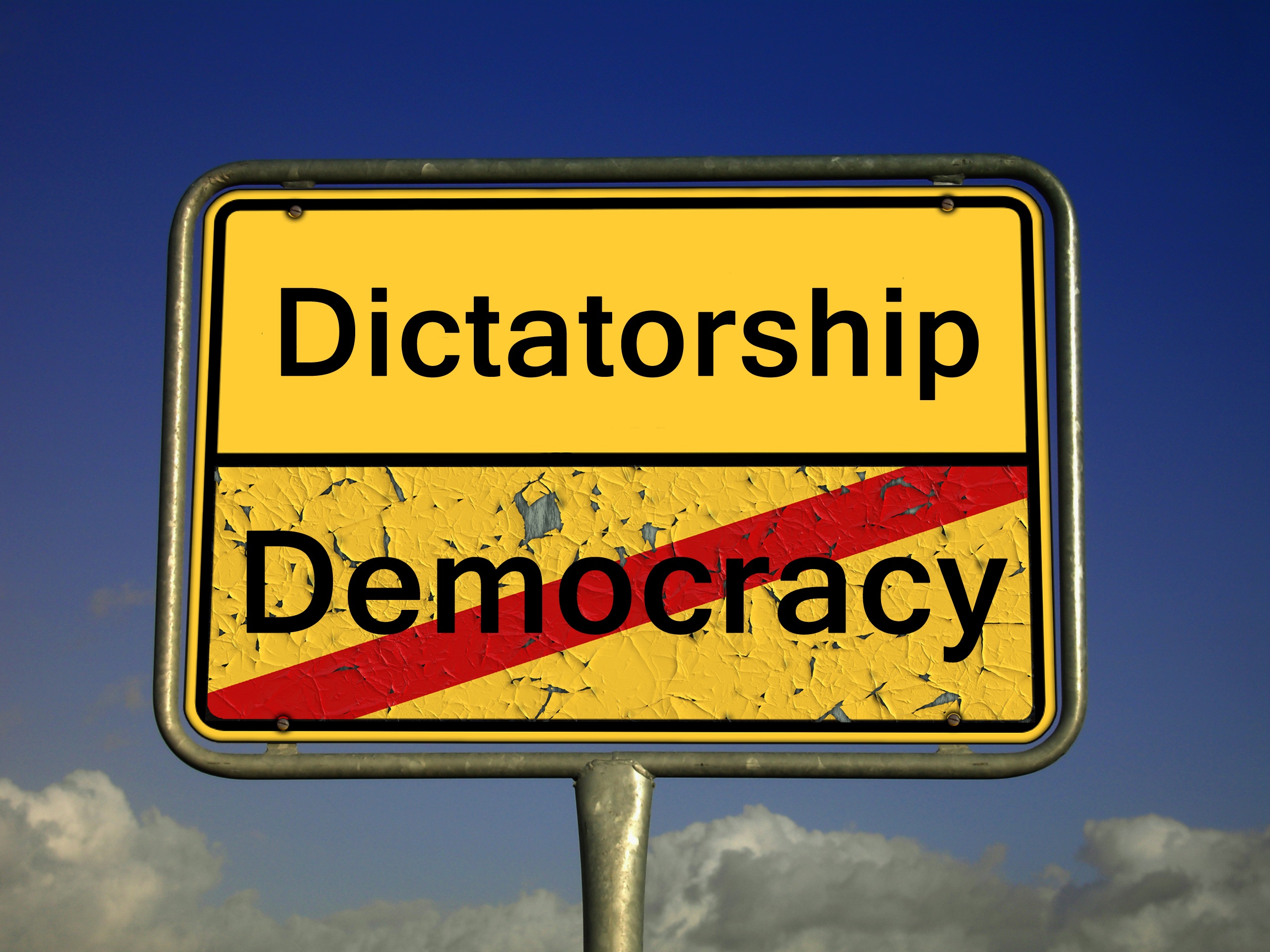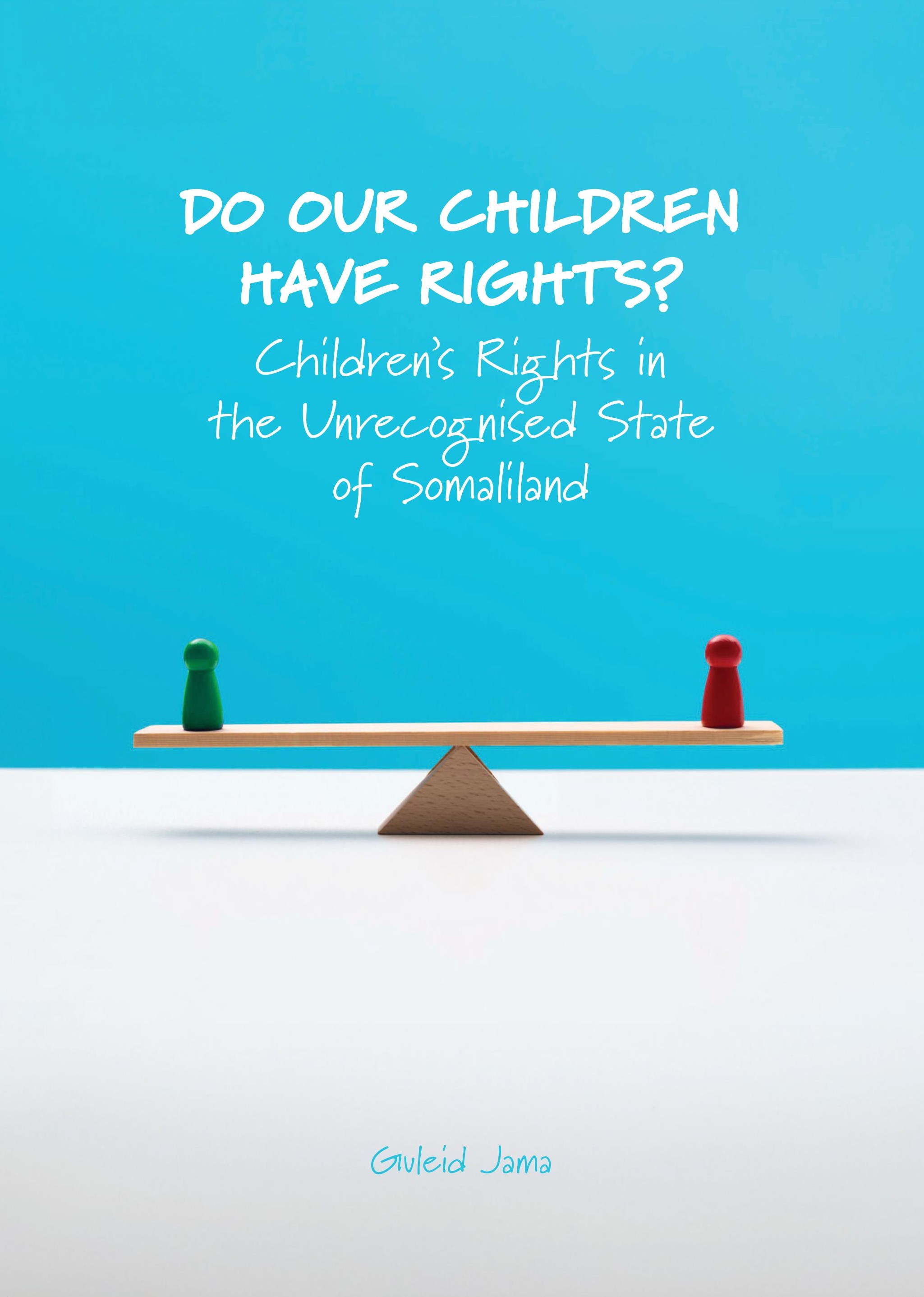The resilient rule of law in dire straits
On 1 September 2022, Joost Sillen was appointed professor of constitutional law. His research focuses on current constitutional law and its foundations, always in relation to recent developments. In particular, he researches the 'resilient constitutional state'. The central question is whether and, if so, how the law can prevent legal states in dire straits from slipping into autocracies.
Fundamental rights under pressure
When it comes to 'the rule of law in dire straits', we quickly think of countries such as Poland and Hungary. For years, the free press there has been restricted, the independent judiciary dismantled and minority rights are under siege. Developments there also call for reflection here. How storm-resistant is our constitutional state, and what can we do to make it more robust?
We have every reason to ask ourselves that question. Here, too, the rule of law is not a given. The childcare allowance affair, for instance, has shown how the wheels of government can grind people down and how the judiciary does not always provide a sufficient response. The corona crisis made us aware that fundamental rights can quickly come under pressure in times of crisis, and that far from everyone sees the judiciary as an independent, apolitical body to offer protection against these mechanisms. Meanwhile, some parliamentarians utter the barely veiled calls to rebel against existing government authorities.
Partly in response to these developments, there are calls to introduce a judicial constitutional review and make it easier to ban political parties. The possibility of having judges review governmental policies more intrusively, and of taking the selection of Hoge Raad councillors away from the Tweede Kamer (or House of Representatives) and putting it in the hands of a committee of experts, are also considered. These measures have one thing in common: they try to shore up the rule of law by narrowing the political playing field.
Finding a balance
Are these sustainable solutions to protect a fragile rule of law? Doesn’t a decline in the rule of law often start with an eroding trust in parliamentary democracy and its ability to formulate solutions to the problems of our time? The proposed measures further narrow the 'narrow margins of democratic politics' Den Uyl wrote about in 1970. For instance, major social problems, such as climate change and reduced biodiversity, are less frequently being dealt with by the government. Interest groups are increasingly knocking on the doors of the courts instead of the parliament.
The search for a resilient constitutional state is a balancing act between setting limits to political decision-making and allowing it to steer its course. According to Sillen, constitutional law is invaluable in finding that balance.
Also read
-
Sweeping success for our faculty in the Comparative Law in Action (CLIA) Competition!
-
PhD thesis written by Guleid Jama
This research studies children’s rights in Somaliland, an unrecognized State in the Horn of Africa. -
MCEL is organising a seminar featuring Prof. Eleftheria Neframi on the constitutional limits to sustainable development in the EU's external action.



